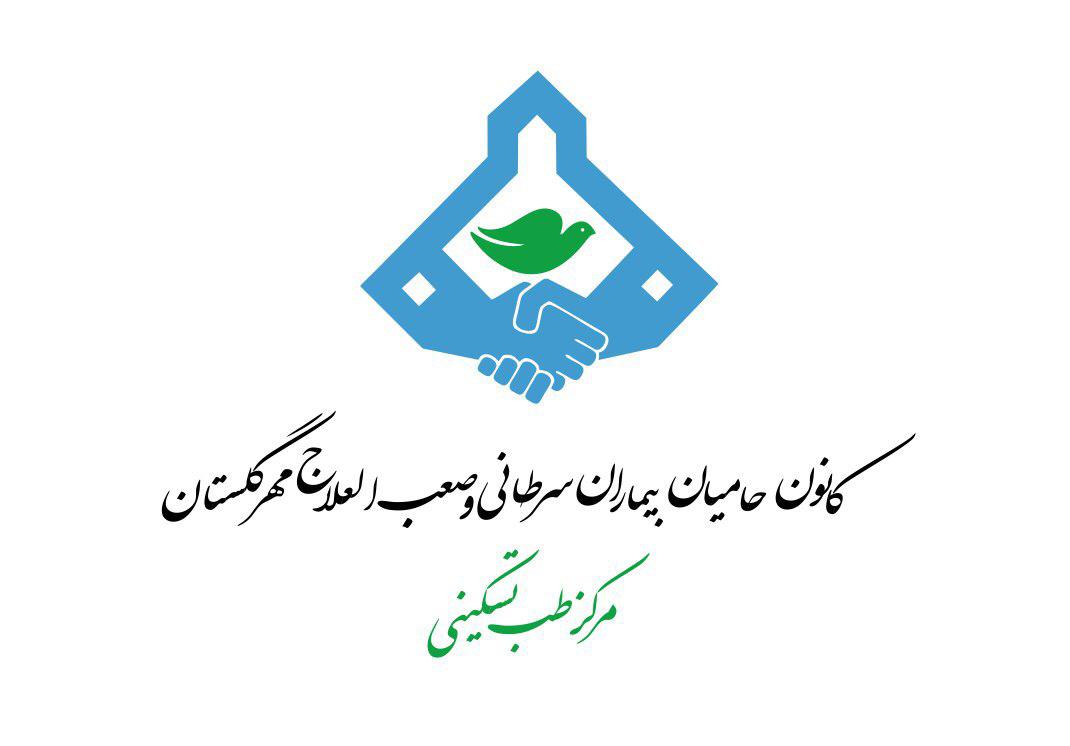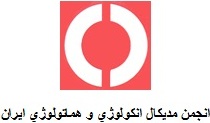
There are 12 million of us in the United States who live with cancer and the number rises every year as researchers find new drugs to extend our lives. Some of us hide our diagnosis even from trusted loved ones, while others freely share it for a variety of reasons. I’m sure at least once in everyone’s life they will learn that a close friend or family member has cancer. How will you respond when you hear “I have cancer?”
Often, there is an awkward moment when people hear someone is living cancer—or worse, expects to eventually die from it. Listeners hear “cancer” and they become silent as if struggling to find the right words to say. Those of us who have decided to share our physical condition with you, often hear words that are based on your difficulty dealing with illness and death, rather than on what the diagnosis means to us.
Some well-meaning and sensitive people try to minimize the magnitude of what we are sharing, with words such as, “Oh don’t worry, we’re just around the corner from a cure.” Or statements filled with optimism such as “Let’s hope for the best.” And also the sympathetic “Oh, I feel so sorry for what you’re going through.” The search for the “right” words is futile. There are none.
Revealing one has cancer is not simply an issue of deciding to be honest or closed. The decision is based on a dance between the world of a person who knows he or she has a limited future and their expectation of how the listener will react. It’s as complicated as a jazz improvisation occurring between John Coltrane and Miles Davis.
So, what should you say if there aren’t any “right” words? When I first started playing the shakuhachi (Japanese bamboo flute) I struggled to produce the “right” notes in a song I was learning. My teacher, who not only is a great musician but also a wise philosopher, said, “Stop worrying about the notes. Think how you would play the song to your child when he was a baby.” For him, notes came from one’s soul, not from the flute. The same applies in deciding what to say. The words are secondary to your understanding of how our lives have changed.
Instead of thinking about the words, try to imagine what those of us with cancer are experiencing. Many of us no longer think about death in theoretical terms. It has become something very real to most, frightening to many, and enlightening to some. Instead of having a lifetime to make up for our regrets, we may have a limited amount of time to remedy them. Instead of years to complete goals, we may begin focusing on how we are currently living our lives. How we approach that understanding is rarely straight-forward. It’s as circuitous as Lombard Street is here in San Francisco.
It is from this world that we are sharing with you that we have a life-threatening illness. And your understanding of our world should guide your response. And if you can’t imagine what we are feeling, rely on compassion.
Someone once asked the Vietnamese Monk Thich Nhat Hahn to define “compassion.” He said to think about the person you are talking to as if he or she was your mother; the person who fed and cared for you when you couldn’t do it yourself.
So don’t worry about the right words. When you hear “I have cancer,” visualize that it’s your mother saying the words. And if you still can’t imagine what she would be feeling, then just ask us. We wouldn’t have shared something this personal if we weren’t prepared answer the question, “How do you feel about it?”
آدرس مطب : 1
تلفن : 1 - 1







